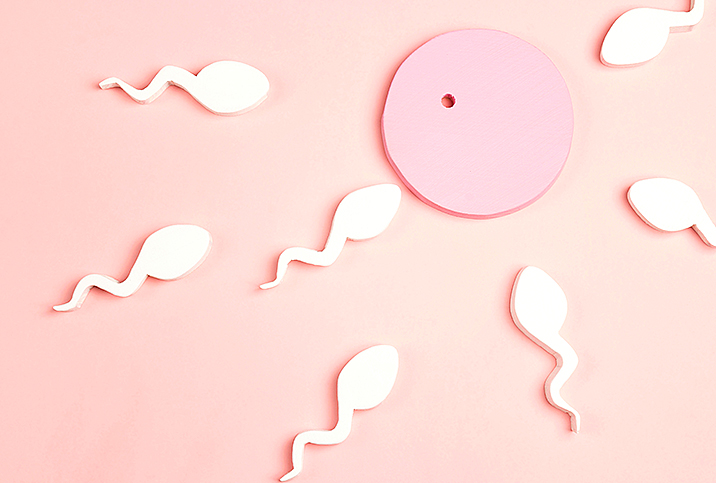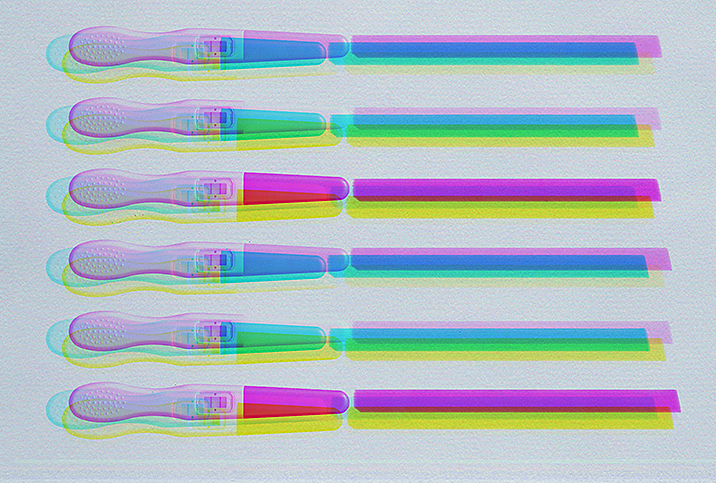Is Home Insemination Right for You?

You can order just about anything on the internet these days. Clothes. Food. Electronics. Dog sitters. Sperm. It's not a gag; sperm is available to order. For people struggling to conceive, bringing viable sperm home as part of a home insemination kit is a new and serious option.
Sperm donation is nothing new. For decades, sperm donors have offered their semen to help proliferate the next generation. The demand for donor sperm is prevalent among lesbian couples, women who choose to be single mothers and heterosexual couples struggling with any of an array of fertility issues.
While insemination typically is confined to a medical setting, home insemination offers prospective parents a more intimate setting to attempt conception and an option for people who prefer to take on fertility issues without a clinic's assistance.
How does home insemination work?
Begin the process by shopping for a sperm donor online. Browse through hundreds of donor profiles that are complete with details of a donor's physical characteristics, ethnic background and education level. Some profiles even provide both adult and baby pictures of the donor.
While researching the process, read through the fine print on donor confidentiality. Many arrangements are written to keep donors anonymous. However, the agency may reveal the donor's identifying information if children request it after they reach age 18. Also, at least two states have passed laws to make this information legally available. Ask for the details so you understand the agreement before you choose a sperm donor.
Once you select a donor, create an online account and order the sperm right away or reserve it for a future date. Frozen sperm samples are shipped in a nitrogen tank container to your home or to a clinic or hospital of your choice. Everything you need, including a no-needle syringe, an adaptor and detailed instructions, is included in the insemination kit.
Home vs. clinic
If you can determine your peak fertility window and don't have any known causes of infertility, home insemination offers a simple and effective way to become pregnant. In-home insemination is almost as successful as insemination in a clinic, with a 40 percent pregnancy rate after six natural cycles.
Is home insemination right for me?
If you don't want to take a chance on home insemination, a clinic can offer faster solutions and greater peace of mind with resources that you don't have at home.
For example, to increase the likelihood of getting pregnant, you can go to a fertility clinic for a procedure called intrauterine insemination (IUI). Intrauterine insemination bypasses the cervix, injecting a concentrated sperm sample directly into the uterus for closer proximity to the egg. Fertility clinics use medication to stimulate ovulation and create more targeted timing. Studies show that IUI is three to four times more effective than vaginal insemination.
Also, because age plays a significant role in a woman's ability to get pregnant, if you're an older potential parent, you may not want to wait on the less predictable process of vaginal insemination.
However, if you feel more comfortable at home, sharing a private process with only your partner, home insemination can be an option, especially if clinics are less accessible to you or you have determined that viable sperm is the specific reason for your conception issues.
Ultimately, the fertility journey is unique to you and should be guided by personal preferences and comfort levels.


















